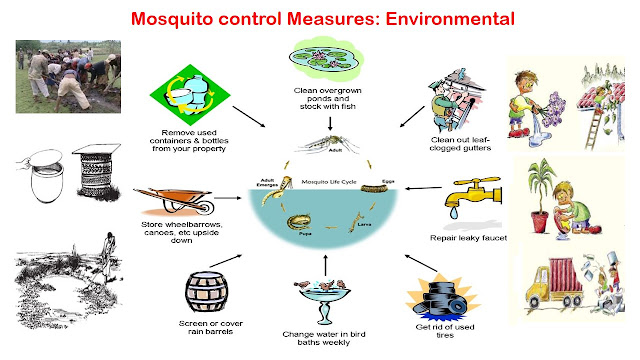National Eye Donation Fortnight: Donate Eyes, Give the Gift of Sight
What is the need?
Blindness is one of the major public health problems in our country. According to WHO, corneal diseases (i.e Damage to the tissue covering the front of eye called cornea) are among the major causes of vision loss and blindness, after cataract and glaucoma.
When is it celebrated?
The National Eye Donation Fortnight is observed every year from 25th August to 8th September. It is a campaign for people which aims to create mass public awareness about the importance of eye donation and to motivate people to pledge their eyes for donation after death.
Why people don't donate eyes?
- Lack of awareness among the general public
- Insufficient facilities in the institutes and hospitals
- Absence of motivation even among trained personnel
- Social and religious myths
We need to know about Eye donation:
- Eye donation is donating one's eyes after his/her death.
- Only corneal blind people are benefited from donated eyes.
- Corneal blindness is the loss of sight due to damage in the tissue covering the front of eye called cornea.
- Anyone can donate their eyes irrespective of age,sex and blood group or religion.
- People who use lenses or spectacles for short sightedness, long sightedness or even those whose eyes are operated can still donate their eyes. Poor eyesight does not come in way of eye donation.
- Diabetic patients or those who are suffering from hypertension, asthma can also donate their eyes. Anyone with cataract can also donate their eyes.
- The cornea should be removed within an hour of death.
- Eyes of donated person can save the vision of two corneal blind people.
- Eye removal takes only 10-15 minutes and leaves no scar or disfigurement of the face.
- he corneas should be removed preferably within an hour, but can be removed up to a maximum of 6-8 hours, of death.
- Donated eyes are never bought or sold. Eye donation is never refused.
- Removal of the cornea does not cause any disfigurement. After the eyeball has been removed, a transparent eye cap is placed in the eye in place of the eyeball.
- Contact the eye bank to become a registered eye donor
- For eye donation, you are required to fill the pledge form and send it to any of the nearest eye bank. Once you are registered as an eye donor you will be provided an Eye Donor Card
- Dial 1919 in Delhi (MTNL Toll Free No. for Eye Donation 24 hrs.)
- The identities of both donor and recipient are kept confidential. Hence, you need not worry about your identity being revealed.
- You just need to contact the eye bank team. The team will go to the donors residence or the hospital where the death has occurred and perform the corneal excision.
In case of death, instructions to be followed?
- Close the eyelids of the donor
- Switch off the fan; you can switch on the air -conditioner
- Raise the head of the deceased slightly by placing a pillow underneath
- Contact the nearest eye bank at 1919 as quickly as possible
What will be the benefit?
- In most cases, loss of sight can be corrected through 'Eye Donation"
- After the death of a person, various organs can be donated and can be surgically transplanted to the patients who need them. One such organ is the eye .
- By donating eyes after death, a corneal blind person can see again through a surgical procedure known as corneal transplantation, where by the damaged cornea is replaced by a healthy cornea from the eye donor.
- Persons who have lost their sight because of damage to the cornea can hope to regain it with corneal grafting.
Who can't donate eyes?
A person with communicable diseases cannot donate his/her eyes. Persons who have systemic infections like AIDS, hepatitis B or C, Rabies, Tetanus, Malaria cannot donate their eyes.
References:
- drishti.org.in
- www.bharateyebank.org
- www.rotaryeyebank.com
- www.eye7.in
- www.eyedonation.org
- www.sankaranethralaya.org
- https://www.nhp.gov.in/national-eye-donation-fortnight-2020_pg







Comments
Post a Comment